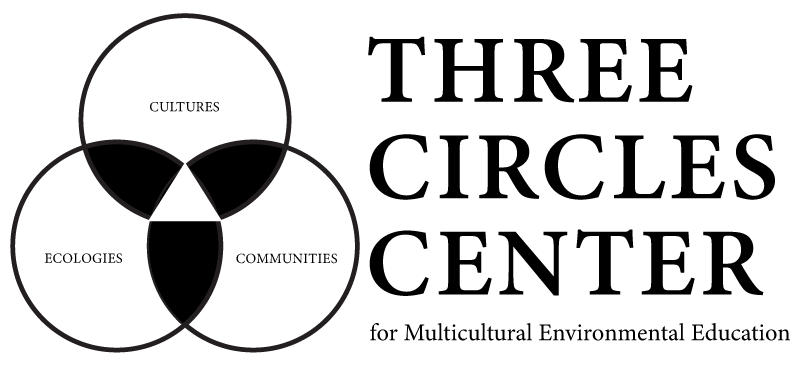 Let’s say you are planning to teach a course that explores colonization and decolonization with prospective teachers. You know the white teacher candidates will want to learn how to teach appropriately, but will become very defensive, even angry, if asked to consider the land they occupy as stolen by their ancestors.
Let’s say you are planning to teach a course that explores colonization and decolonization with prospective teachers. You know the white teacher candidates will want to learn how to teach appropriately, but will become very defensive, even angry, if asked to consider the land they occupy as stolen by their ancestors.
Or, let’s say you trying to peel back the layers of your own family history and identity, asking questions such as what it might mean to ask where your people are indigenous to. What research tools or conceptual frameworks might you use?
Or, let’s say you are teaching a curriculum course for elementary teachers, and you want to extend their abilities to plan and teach an ethnic studies, multicultural, or social justice oriented unit.
And you want to do any of these things in a user-friendly and low-cost way.
You might already be using my first novel, White Bread, that gets at these kinds of issues through the story of a teacher.
Consider my newest novel The Inheritance, which connects teaching, family history, and going beyond guilt when confronting colonization. Linda Christensen, author of Teaching for Joy and Justice, describes the book as “a compelling read” that “brings together uncomfortable truths about race, land, and education.”

Comments are closed.